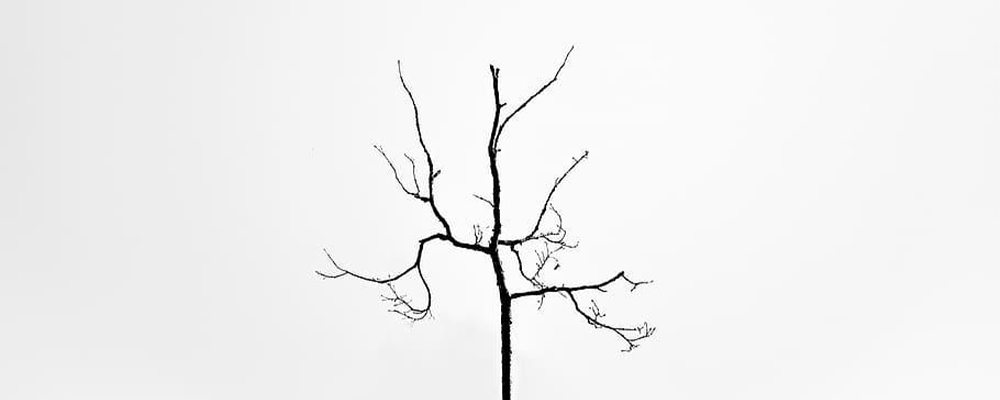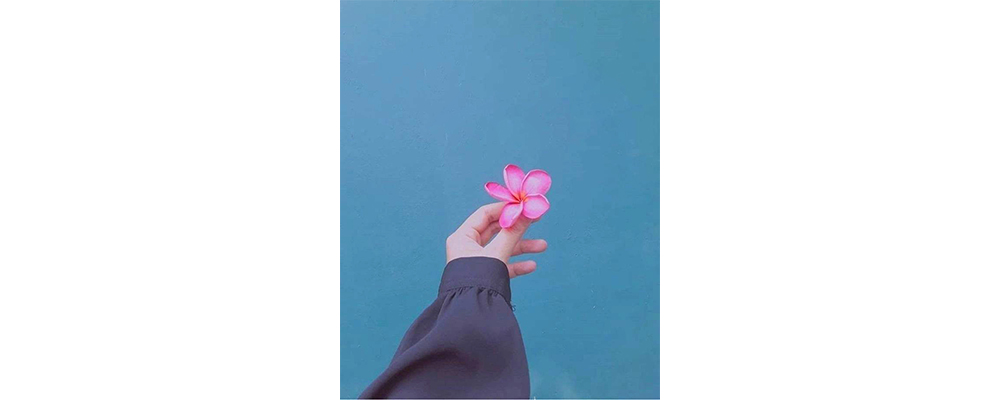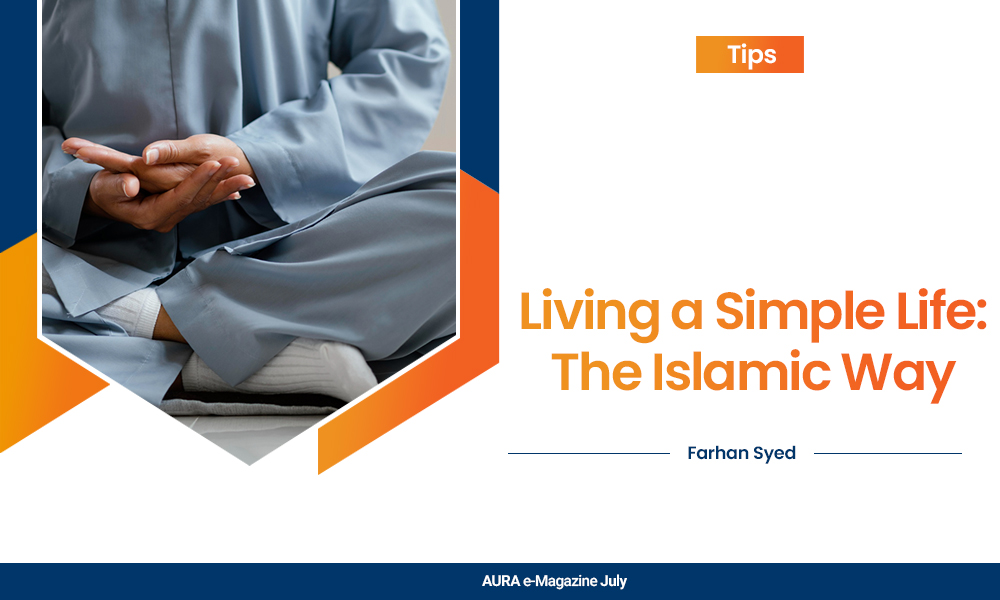We are bombarded with endless choices and distractions in today’s fast-paced society. Our lives have become cluttered not just physically but also mentally. We are constantly trying to keep up with the latest trends and technology, often making us feel overwhelmed and stressed.
However, there is a growing movement that advocates simplicity and minimalism. This lifestyle focuses on living with fewer possessions and commitments to create more space for what truly matters. This article will explore the power of simplicity and minimalism and how they can positively impact our lives.
What are Simplicity and Minimalism?
Simplicity and minimalism go hand in hand, but they are different. Simplicity is about eliminating unnecessary complexity, while minimalism is intentionally choosing to live with fewer possessions. These concepts aim to declutter our physical and mental lives by focusing on what is essential.
Simplicity and minimalism also emphasise the idea of intentional living. It encourages us to be mindful of our choices and only keep things that add value to our lives.

The Benefits of Simplifying
Simplifying our lives through the practices of simplicity and minimalism has numerous benefits. Here are a few ways in which it can positively impact our lives.
Reducing Stress
One of the main benefits of simplicity and minimalism is that it helps reduce stress. Cluttered environments, whether physical or mental, can lead to feelings of anxiety and overwhelm. Decluttering our spaces and minds creates a sense of calmness and peace.
In addition, living with fewer possessions means less time spent organising and maintaining them. This frees up time for more important things like spending time with loved ones or pursuing hobbies.
Saving Money
Another advantage of simplicity and minimalism is the potential to save money. By intentionally choosing to live with fewer possessions, we reduce our desire for material goods and impulse buying. This can lead to financial savings in the long run.
Moreover, living a simpler lifestyle means being content with what we have instead of constantly seeking more. This can help us break the cycle of consumerism and focus on experiences rather than material possessions.
Improved Focus and Productivity
When our physical and mental spaces are cluttered, it can be challenging to stay focused or be productive. Living simply allows us to eliminate distractions and prioritise our tasks more efficiently.
By reducing the number of material possessions, we also minimise decision fatigue and free up mental space to focus on more important things. This can increase productivity and a sense of accomplishment in our daily lives.
Environmental Benefits
Simplicity and minimalism have an impact beyond our personal lives; they can also benefit the environment. We reduce our carbon footprint by consuming less and contributing to sustainability efforts. In addition, by decluttering and being mindful of what we purchase, we can minimise waste and decrease our contribution to landfills.
A More Intentional Life
Living simply encourages us to be intentional with our actions and choices. This means being mindful of how we spend our time, money, and energy. By consciously choosing what brings value into our lives and removing distractions, we can live more intentionally and lead more fulfilling lives.
Benefits of Embracing Simplicity and Minimalism in Islam
Embracing simplicity and minimalism in Islamic practice can have numerous benefits, both on an individual and a societal level. Here are some of the potential advantages:
Strengthening spiritual connection – By removing distractions and excess from our daily lives, we create more space for mindfulness, reflection, and strengthening our connection with Allah.
Enhancing inner peace – Pursuing material possessions often leads to discontentment and stress. A minimalist mindset encourages contentment with what we have, leading to greater inner peace.
Encouraging gratitude – Simplifying our lives can help us appreciate the blessings we have been given and avoid taking them for granted. This cultivates a sense of gratitude towards Allah.
Promoting sustainable living – The idea of “reduce, reuse, recycle” is not new in Islam. By limiting waste and reusing resources, we contribute to preserving the environment as responsible stewards of the Earth.
Fostering social responsibility—Giving to those in need through Zakat or voluntary charity fosters empathy, compassion, and a sense of responsibility towards our fellow human beings. This helps build stronger communities and address issues of poverty and inequality.
Cultivating humility – Material possessions can sometimes lead to feelings of superiority and arrogance. Embracing simplicity reminds us that all wealth and blessings come from Allah, humbling our hearts and reminding us to be grateful for what we have.
Encouraging moderation – Islam teaches balance in all aspects of life. By practising minimalism, we learn to moderate our desires, consumption, and actions, avoiding extremes in any form.
These are just some benefits of embracing simplicity and minimalism in Islam. We can create a more harmonious society based on contentment, gratitude, and moderation by prioritising spiritual growth and social responsibility over material pursuits. It is important to remember that minimalism does not mean living in poverty or depriving ourselves of basic needs. Rather, it is about finding a balance and being conscious of our choices to live a more fulfilling and purposeful life. May Allah guide us towards a simpler and more meaningful way of living. So, let us strive towards embracing simplicity and minimalism in all aspects of our lives for our worldly and spiritual well-being. As the famous saying goes, “The less we own, the less owns us.” By letting go of excessive material possessions, we free ourselves from the burdens of consumerism and open our hearts to more meaningful experiences and connections. Remember that true happiness and contentment come not from material possessions but from within ourselves and our relationship with Allah.



0 Comments